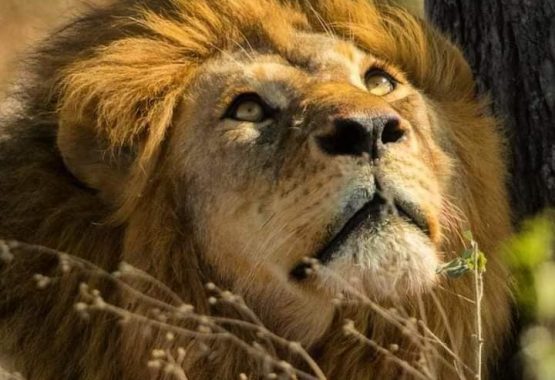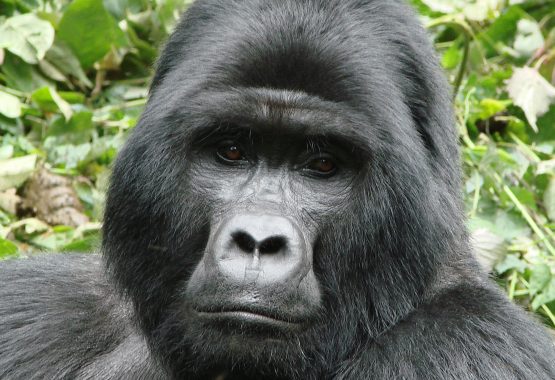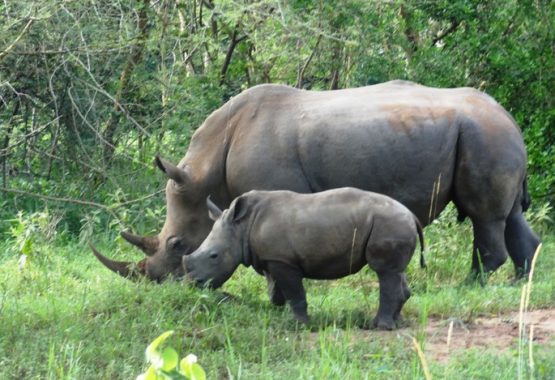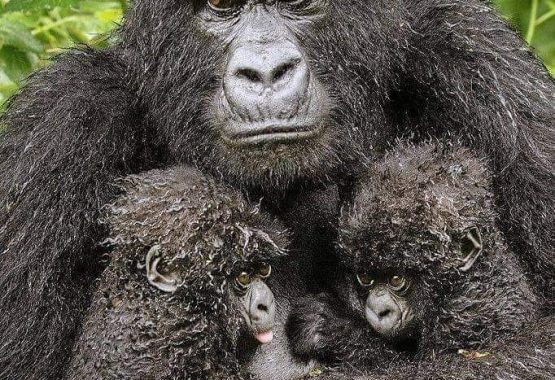Frequently Asked Questions (For Ngoni Safaris Uganda Clients)
-
Should I refrain from booking flights right now?
Many airlines are offering flexible booking options that allow you to change your reservation. Check with individual airlines for details.
-
When will it be safe to travel to affected areas?
It’s unclear at this time. The situation can change rapidly with a virus like COVID-19, so be sure to visit the World Health Organization and Centre for Disease Control and Prevention for continued updates and travel advice.

Advice from the World Health Organization
Here is what the World Health Organization (WHO) advises to protect yourself.
- Wash your hands for at least 20 seconds! According to health experts (and common sense), one of the best ways to avoid cases of the flu, colds and other viruses is to wash your hands.
- Avoid touching your face as most viruses enter the body through the mouth, nose, and eyes.
- Cough and sneeze into your elbow.
- Use a wipe to clean off tray tables, armrests, and seatbelts on airplanes.
- If you are sick, stay home and seek medical advice by phone. Follow the advice by your local health care authority.
- The WHO currently advises wearing a mask only if you have symptoms or if you are taking care of someone with the illness.

Symptoms
Confirmed COVID-19 infections have resulted in the following symptoms: fever, cough, and shortness of breath. Reported illnesses have ranged from little and no symptoms to severely unwell. Centre for Disease Control and Prevention believe that once exposed, symptoms will present themselves between two to 14 days.
If you have visited an affected area or travelled in the last 14 days and are experiencing fever, cold or flu-like symptoms you should seek medical attention immediately. Before going, call ahead and inform them of your recent travels.

What is COVID-19?
COVID-19 often causes symptoms such as fever, runny noses, sore throats and coughing. More severe cases can also lead to difficulty in breathing, and illnesses like bronchitis, pneumonia, and in some cases even death.
Both animals and humans can catch COVID-19, but when the virus is passed between humans and animals, it can become a different virus altogether. Some viruses are only contagious when a person is sick, while other viruses can be transmitted without the person even realising they are ill – these are especially a cause for concern as they could lead to an epidemic.
As such, scientists try to observe new viruses as closely as possible because there are so many unknowns to them – which is why COVID-19 is garnering so much attention.

How did COVID-19 start?
In January 2020, China and the World Health Organization (WHO) identified the presence of a new virus that stemmed from several confirmed pneumonia cases occurring in the Chinese city of Wuhan in the province of Hubei. It was given the temporary name of 2019-nCoV.
Other examples of the coronavirus are the common cold and Severe Acute Respiratory Syndrome (SARS). The current situation is certainly unnerving, but there is some good news to be found: unless you’re travelling to China, the risk of acquiring this infection is incredibly low, and you can easily implement simple measures to safeguard your health while you travel.

How does COVID-19 spread?
According to information issued by the Centre for Disease Control and Prevention, COVID-19 spreads from person-to-person when in close contact (about six feet).
“Person-to-person spread is thought to occur mainly via respiratory droplets produced when an infected person coughs or sneezes, similar to how influenza and other respiratory pathogens spread. These droplets can land in the mouths or noses of people who are nearby or possibly be inhaled into the lungs. It’s currently unclear if a person can get 2019-nCoV by touching a surface or object that has the virus on it and then touching their own mouth, nose, or possibly their eyes.”





